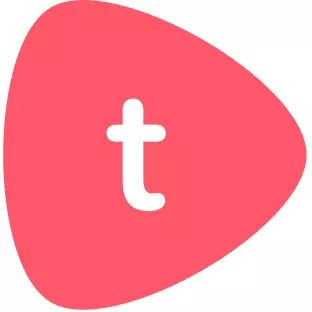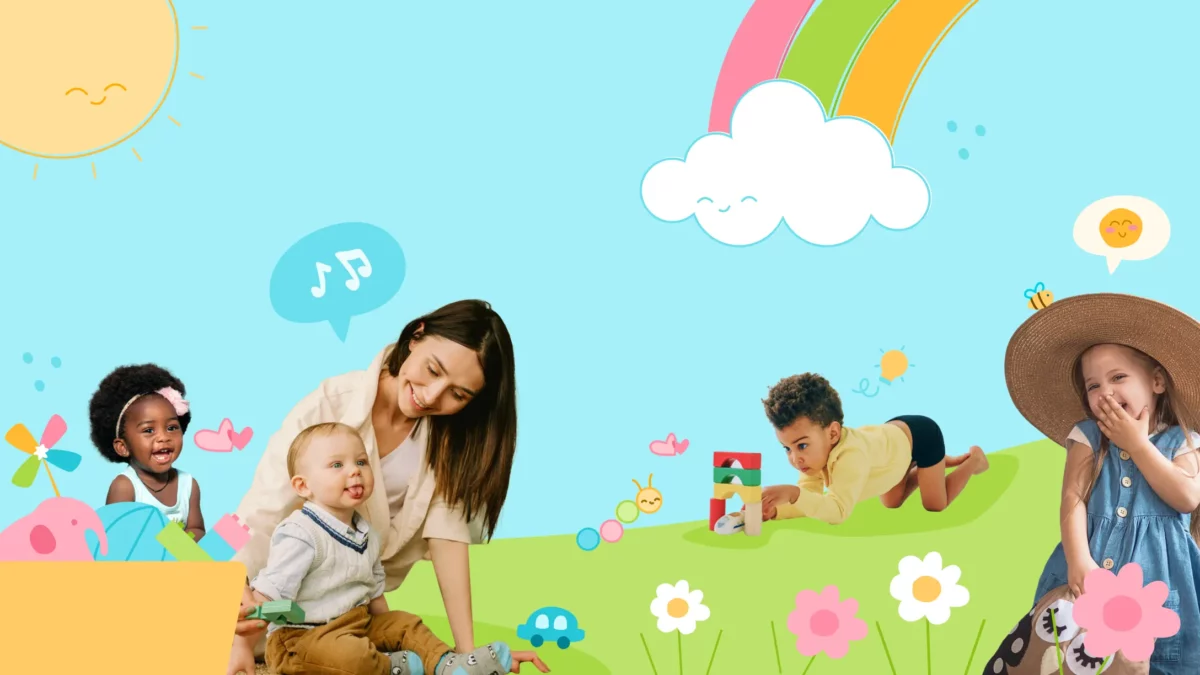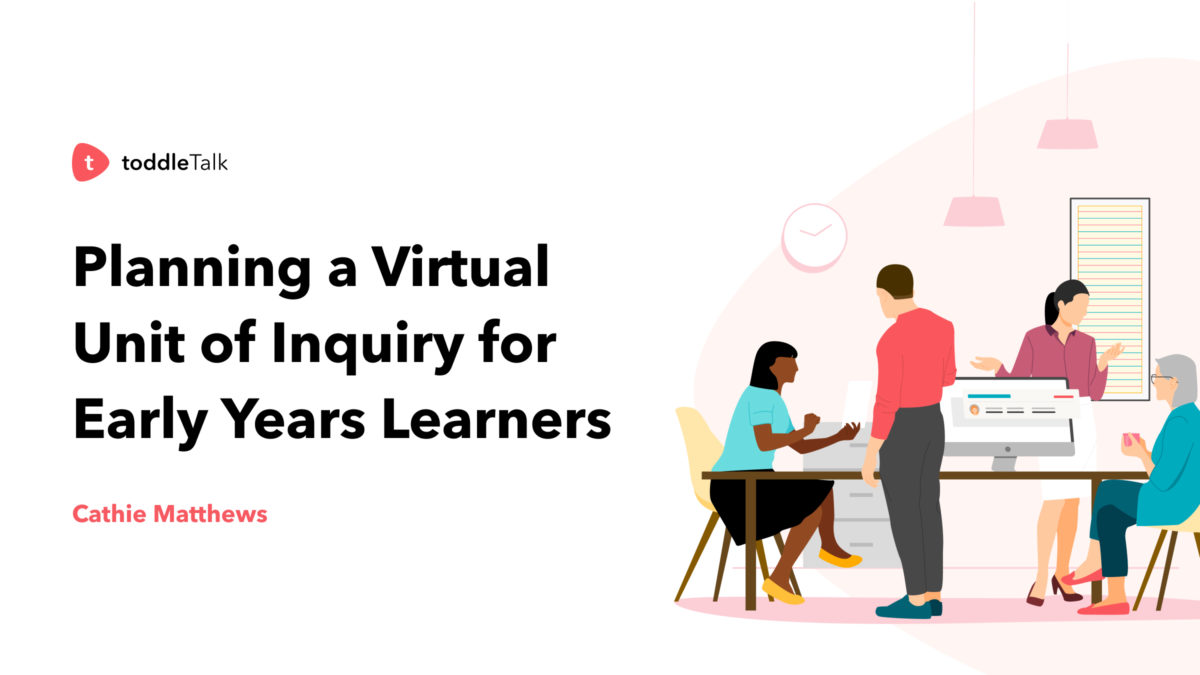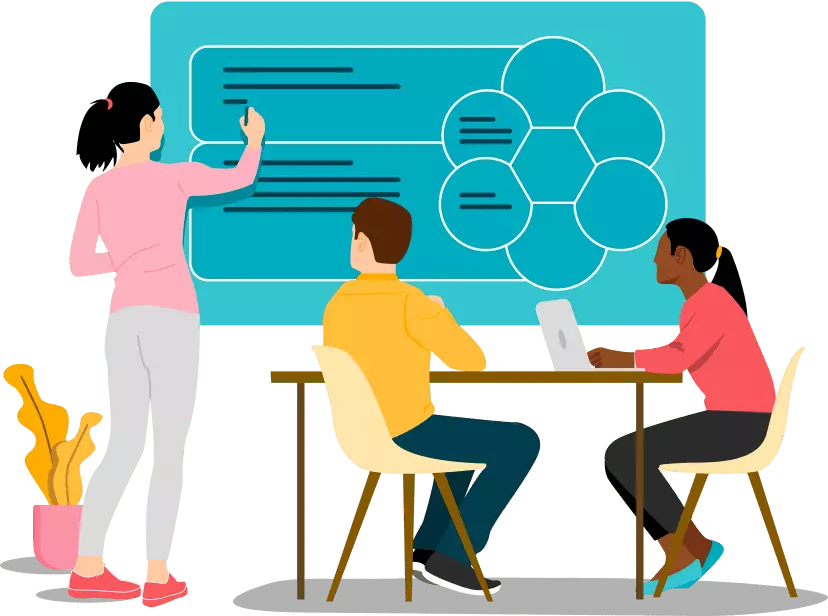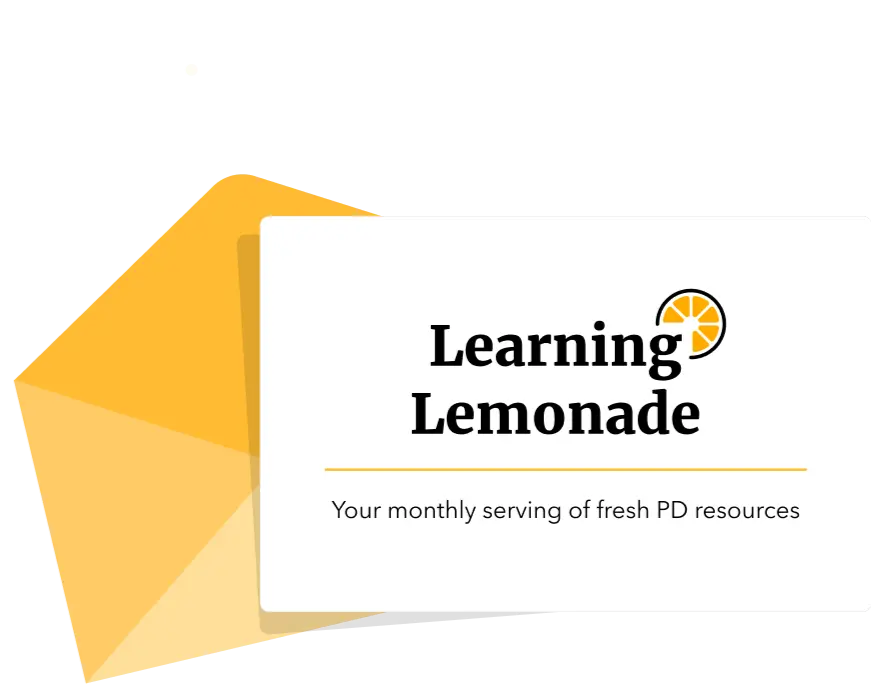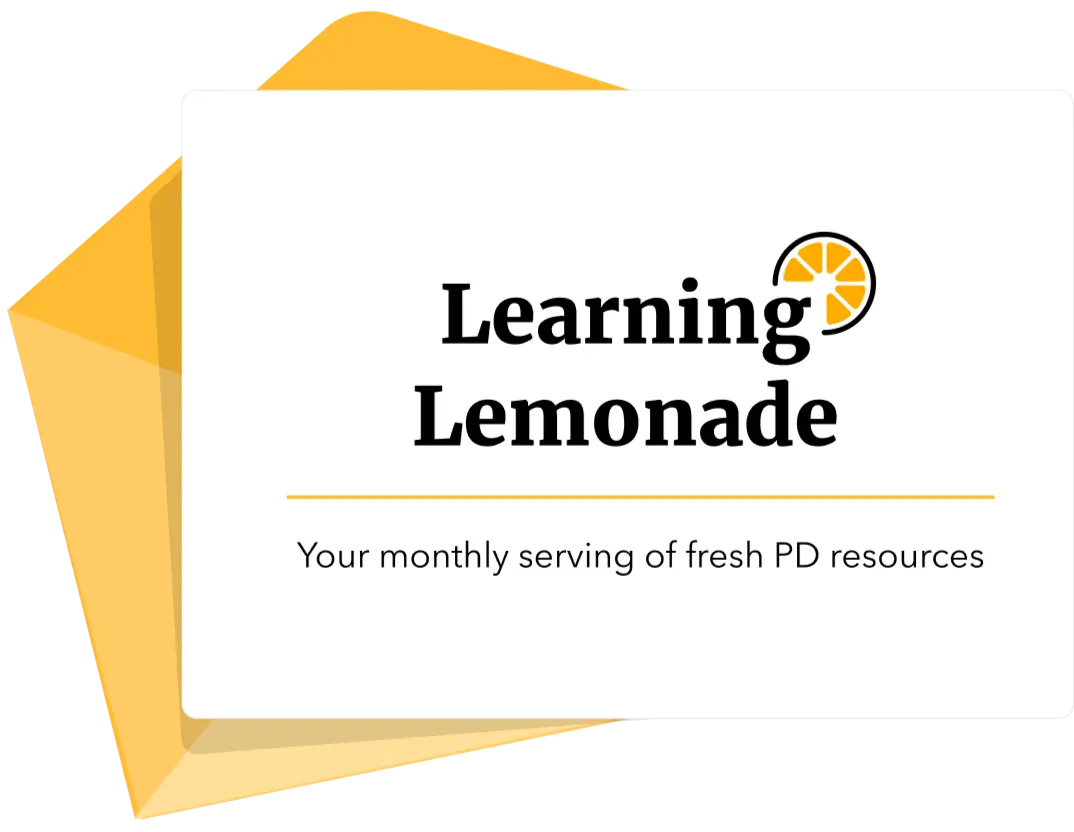Writing Effective Report Card Comments
As teachers, writing report card comments is one of the most important tasks we have at hand, and also one of the most challenging. We want the reporting to be meaningful, to clearly communicate student learning to all involved, and to be personalised for each of our students. Each school and system has its particularities on the language of feedback, the tone & style, as well as must-dos particularly for schools bound by local or national mandates. How might we approach writing ‘effective’ report card comments to meet the needs of all stakeholders?
What is the purpose of comments in a report card?
A good starting point when we approach effective comment writing is to think about the purpose of reports. How often do we really reflect on the why of report comments? Have you ever stopped to consider this question from different perspectives? Take a moment to consider the purpose of report comments for:
- Students
- Parents/guardians
- Teachers
- School leaders & Administrators
When we take the time to think like this, it is evident that there is not a singular purpose to comments. In general terms, we are likely to see the purpose as giving students/parents/guardians personalized and meaningful feedback on learning, sharing successes and challenges with a description of possible supports. Actionable suggestions on how learners may achieve their learning goals are also appreciated.
From a teacher’s perspective, comments are a way to reflect on teaching and learning. Observing previous reports can assist in the planning for the next sequence of learning from year to year. This helps teachers meet learners where they are and plan for their next steps.
School leaders & Administrators often view reports with the big picture and all stakeholders in mind. School leaders see the comments in these reports as being reflective of school-wide practices and use them to make informed decisions about learning cultures. Administrators are also aware that families transition to other schools or colleges/universities using reports and teacher comments as part of the process.
So as you sit down to write your comments, it would be useful to first acknowledge these purposes and craft your comments in response to them. We have put together some actionable guidelines below to help you get started.
Dos and don’ts for comment-writing
To set the ball rolling on writing comments, we thought it would be useful to come up with a broad understanding of what report card comments should and should not include. You can use these general dos and don’ts, that likely apply to most contexts, to get a headstart with your writing.

Structuring a comment
We know it can be daunting to come up with an original comment for each of your students! To make the task more manageable, and to ensure you are covering everything you intended to, we recommend that you give a working structure to each of your comments. You may like to consider dividing up the comment into the following four parts, and commenting on each:
- Anchor/General positive stroke (behaviour, character, learner profile)
- Student’s subject-specific strengths (can also include ATL skills)
- Student’s need and challenges (academic and/or behavioural)
- Next steps/parental support
Useful words and phrases/sentence starters
Certain words & phrases, often drawn from our common language of learning, can help create insightful comments. In MYP terms, they are drawn from the Command terms, Approaches to learning skills and sub-skill sets, and the IB Learner profile attributes. Each discipline may also have a specific language that is frequently used to describe learning. We have drawn on each of these aspects and developed a writing pack full of useful words, phrases, and sentence starters for comments in keeping with the four-part structure recommended above. While you can readily use these when creating your comments, do also consider taking inspiration from your school’s mission, vision, and shared culture.


Get the entire writing pack of useful words, comments, and sentence starters.
Sample Comments
We have created a comment bank with one sample comment for each subject group across different criteria for MYP Year 5. This would be appropriate for a student within Band 5-6, along with recommended next steps. Each comment is intended to serve as an illustrative starting point, and comments may be merged to reflect student levels across multiple criteria. You can adjust comments, and add general positive strokes as well as challenges, to suit your student’s level using the words and sentence starters writing pack shared above. For schools that work with a reporting system that allows for comment banks, gathering these makes report writing efficient while maintaining the personalized feel of each comment. The process of developing a comment bank with your school team is well worth the time and effort, and this sampler should get you off to a good start!


Find sample comments for each subject in our comment bank.
When done well, report comments are a celebration of learners and learning. They can be a springboard into rich conversations between home, school and beyond, which propel learning forward. Next time you sit down to craft your progress reports, we hope you bring all the stakeholder perspectives with you. The words we write hold great power and potential for the lives of our students, so let’s make them count!
Related resources
Liked this resource? Here are a few more you might like to explore:


